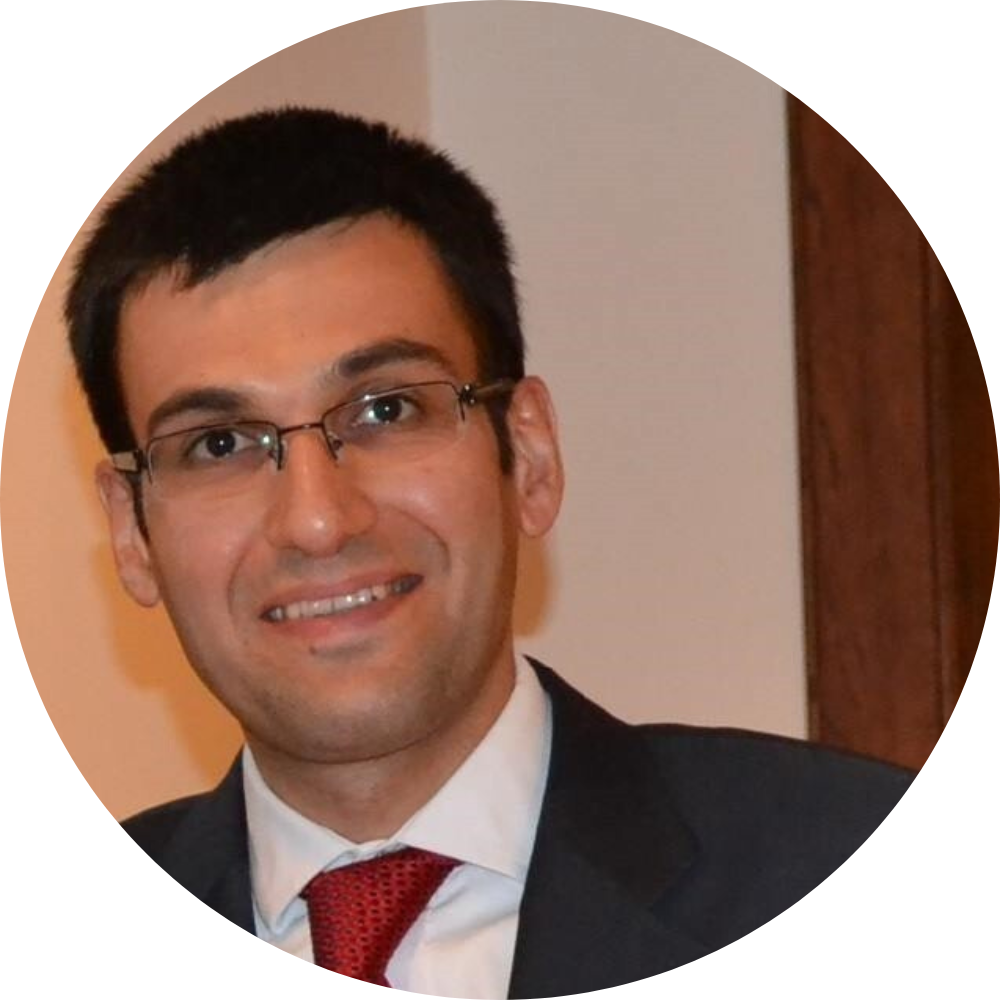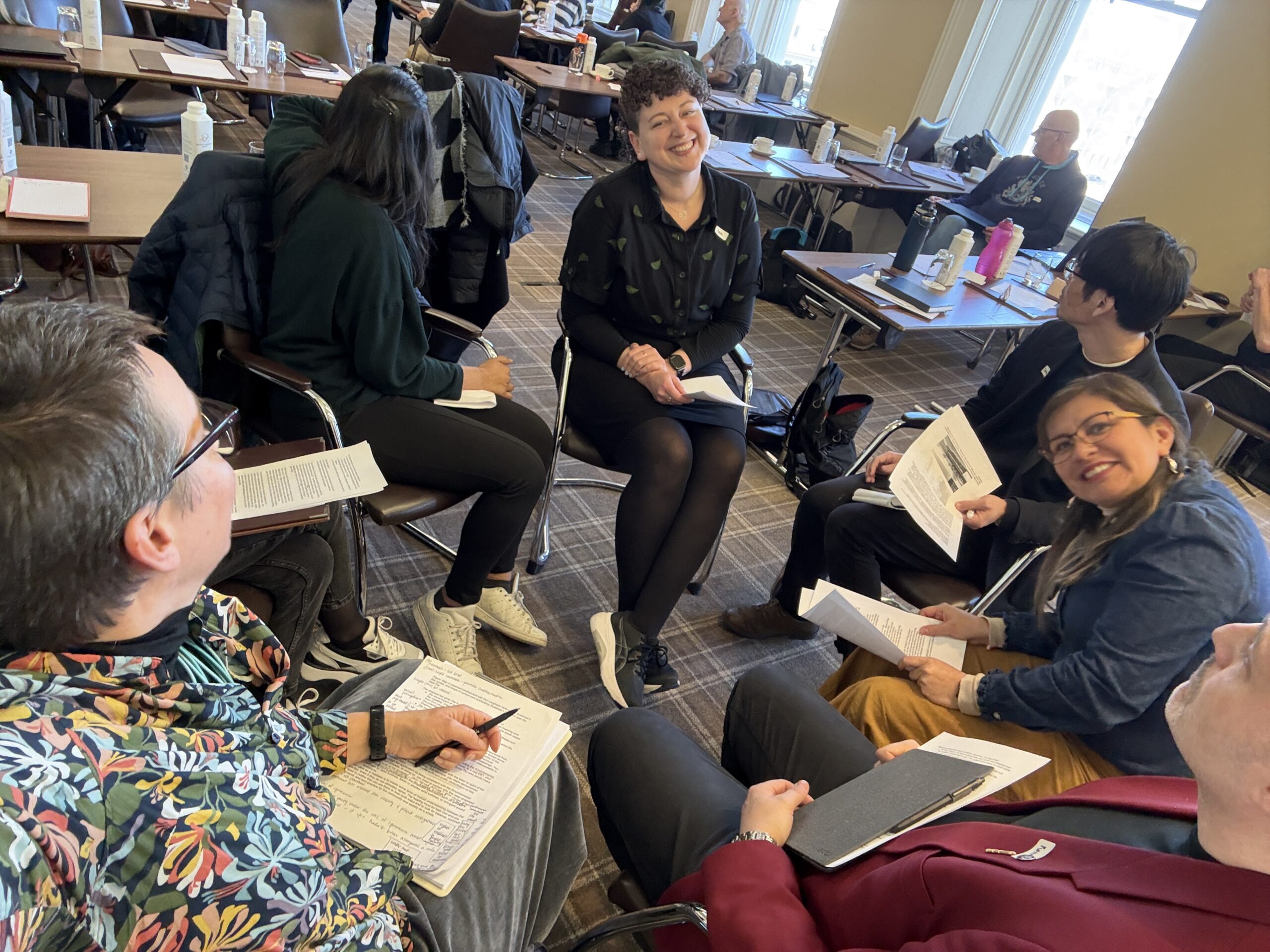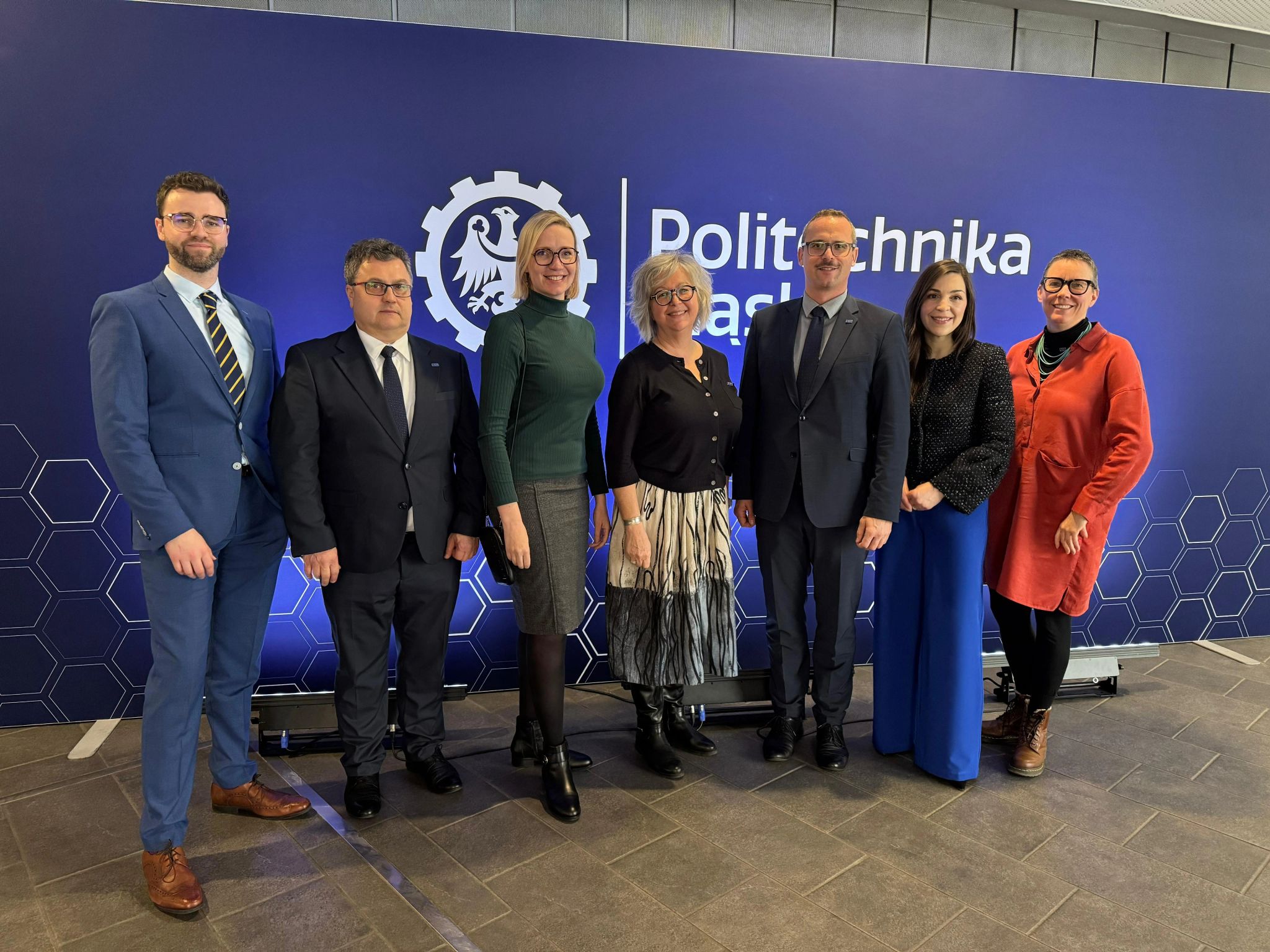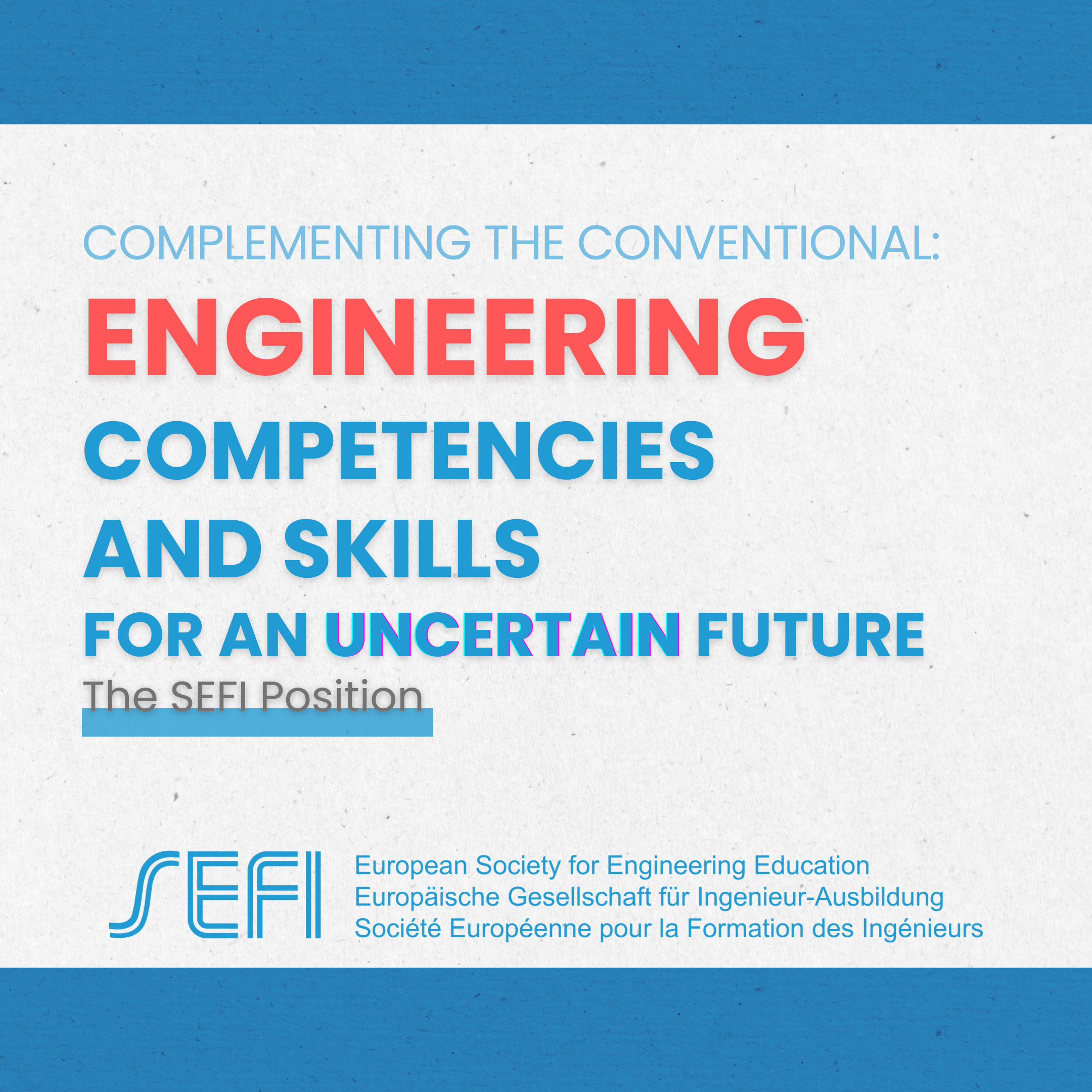From 24 to 26 March, 35 delegates from around the world gathered at the Royal…
Siara Isaac, Yousef Jalali, Valentina Rossi, Joelyn de Lima (Centre for Learning Sciences, Swiss Federal Institute of Technology Lausanne -EPFL, Switzerland)

The importance of transdisciplinarity in engineering is increasing due to its centrality in addressing complex issues that require contributions from diverse fields. Working across these differences can introduce additional challenges for communication, coordination, and decision-making. These challenges highlight the importance of integrating explicit pedagogical activities to develop engineering students’ transversal skills and enable them to work constructively across transdisciplinary differences. The open-source activity guides from the 3T PLAY project offer a practical, engaging, and theoretically grounded means to facilitate skill development.

Transdisciplinary approaches recognise that while a problem can be described as a technical engineering issue pertaining to a narrow field of expertise, effective responses will necessarily require contributions and interactions from diverse perspectives due to the context in which the response will be implemented. “Rebuild drainage to stop this street from flooding” initially sounds like a civil engineering problem, but new drainage installations can affect pedestrians, bike lanes, urban wildlife, traffic light patterns, other civil services like water lines and internet cables, and therefore must be considered in the broader municipal contexts of annual budget, traffic flow and the city’s sustainability plan. These diverse impacts demonstrate how real-world engineering projects require transdisciplinary approaches due to societal contexts.

Working across the differences acknowledged in transdisciplinary approaches requires engineering students to leverage their transversal skills to improve communication and decision-making that acknowledges and reflects the various perspectives and disciplines involved. Transversal skills are non-technical skills that are relevant across many contexts, and include skills like negotiation, conflict resolution, intra- and interpersonal communication, and ethical reasoning. While there is strong, multilateral agreement on the importance of these skills for engineers, concern about the development opportunities provided by current engineering programs has been expressed by students, alumni, educators, institutions, accreditation bodies and employers.

Our 3T PLAY project at the Swiss Federal Institute of Technology in Lausanne (EPFL) focuses on the under-addressed question of how individual instructors can integrate the development of transversal skills into their courses. Informed by our empirical work, we propose a trident framework and a micro-experiential learning approach.
The 3T PLAY trident framework, shown below, describes three essential elements for interventions targeting the development of transversal skills. Experiencing is typically the most visible for engineering instructors and involves engaging students in activities that intentionally leverage the target skills. Learning from Experience is triggered by explicit reflection prompts that help students transfer what they learned in this experience to their next project or collaboration. Knowing is often omitted from higher education courses, yet providing students with concepts and strategies related to understanding the skills themselves, why they are important, and how to implement effective strategies are essential to supporting students’ skills development.
While complexity is endemic to transdisciplinary approaches, our micro-experiential learning approach integrates evidence-informed pedagogical strategies to progressively introduce difficulty, reflective prompts, short feedback loops, reduced cognitive load and opportunities for low-stakes experimentation. Central to the micro-experiential learning is our use of tangibles to create an immersive and process-focused opportunity to practice the target transversal skills and encounter relevant difficulties. Chapter 1 of our open-source book Teaching Transversal Skills for Engineering Students – a practical playbook of activities with tangibles describes both the trident framework and our micro-experiential approach in more detail.
The core of the book are activity guides for teaching specific transversal skills, such as skills to support sustainability, risk assessment, retrospective discussions or psychological safety. This video describes the co-construction of the activity “How to support students’ skills for giving each other constructive feedback, especially when it is difficult to hear” with Nicola Winzenried who teaches in the EPFL College of Management.
Transdisciplinarity is unavoidable and even desirable. For individuals from diverse disciplines to be able to integrate and apply their skills and expertise to real-world problems, transversal skills are an essential element. Reflecting on the gaps between engineering students’ current skills and what they need in their professional roles should prompt educators to be more intentional in developing their skills for working constructively across disciplines and perspectives.
We invite you to discover how the open-source 3T PLAY activity guides provide engaging and practical ways to support students to develop their transversal skills and to work in transdisciplinary contexts. Contact: playful-learning@epfl.ch



